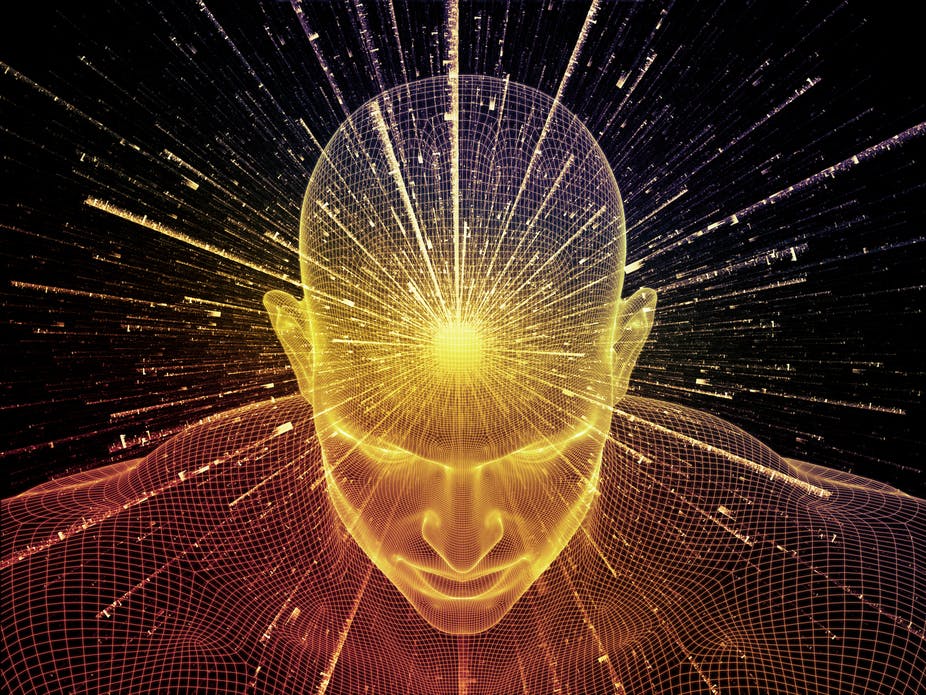Belief in ones views can come through conviction of mind or through testing the views in the real world. I prefer the former route as there can be no better confirmation than that through intuition. Conviction of mind is the best form of evidence. But an objection which one may raise is that others also need to believe. That is really not a problem in my view because if there an excellent and coherent logic in a view, it will have compelling effect on everyone. The only reason it would not be accepted is because of prejudice that it is another's view.
Perfect logic speaks eloquently for itself and I would say that most of ancient Indian systems were based on beautiful subtle logic unlike the complicated nature of current scientific theories. Now, it is even believed the more complicated your theory is, the better it is.
Things cannot be more diametrically opposite to ancient India than it is now. Hoping they will take a turn for the better at least in India.
Perfect logic speaks eloquently for itself and I would say that most of ancient Indian systems were based on beautiful subtle logic unlike the complicated nature of current scientific theories. Now, it is even believed the more complicated your theory is, the better it is.
Things cannot be more diametrically opposite to ancient India than it is now. Hoping they will take a turn for the better at least in India.


